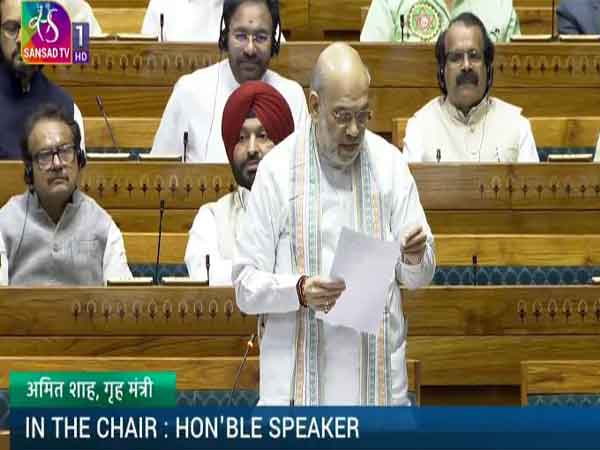Union Home Minister Amit Shah on Wednesday rejected opposition members’ criticism that the government wants to interfere in the religious conduct of Muslims through the Waqf Amendment Bill and said the provisions in the legislation aim at better management of Waqf properties.
“I stand in support of the Bill introduced by my ministerial colleague. I have been carefully listening to the discussion since 12 noon… I feel that there are several misconceptions among several Members, either genuinely or politically. Also, through this House, attempts are being made to spread those misconceptions across the country,” he said.
Shah emphasized that there is no provision in the bill for the appointment of non-Muslims in processes related to the religion.
“The Waqf Act and Board came into effect in 1995. All the arguments about the inclusion of non-Muslims are about interference in the Waqf. First of all, no non-Muslim will be part of the Waqf. Let this be clear… There is no such provision to include any non-Muslim among those who manage the religious institutions; we do not want to do this. This is a major misconception that this Act will interfere with the religious practices of Muslims or the property they have donated. This misconception is being spread to instill fear among minorities for their vote bank,” he said.
“Where will non-Muslim members be included? In the Council and Waqf Board. What would they do? They won’t run any religious activity. They would only look after the administration of property donated by someone under Waqf Law, ensuring it is being used as per the law and the donor’s intent,” he added.
The home minister clarified that a person can donate only property that belongs to them and cannot donate property belonging to the government or any other individual.
He said changes have been made only in provisions related to the Council and Board in the 1995 Act, which deal with administrative tasks.
Moving the bill for passage in the House, Minority Affairs Minister Kiren Rijiju said that the bill will not be applicable retrospectively and that the Centre is not seeking more powers.
“Despite having the largest Waqf property in the world, why has it not been utilized for education, medical care, skill development, and income generation for underprivileged Muslims? Why has no progress been made in this regard so far?” Rijiju questioned.
Along with the Waqf (Amendment) Bill, 2025, Rijiju also moved the Mussalman Wakf (Repeal) Bill, 2024, for consideration and passage in the Lok Sabha.
The bill was first presented in the Lok Sabha in August of last year and was examined by a Joint Parliamentary Committee, headed by BJP member Jagdambika Pal.
The bill seeks to amend the Act of 1995. It aims to improve the administration and management of Waqf properties in India by overcoming the shortcomings of the previous act, enhancing the efficiency of Waqf boards, improving the registration process, and increasing the role of technology in managing Waqf records.
ANI




















